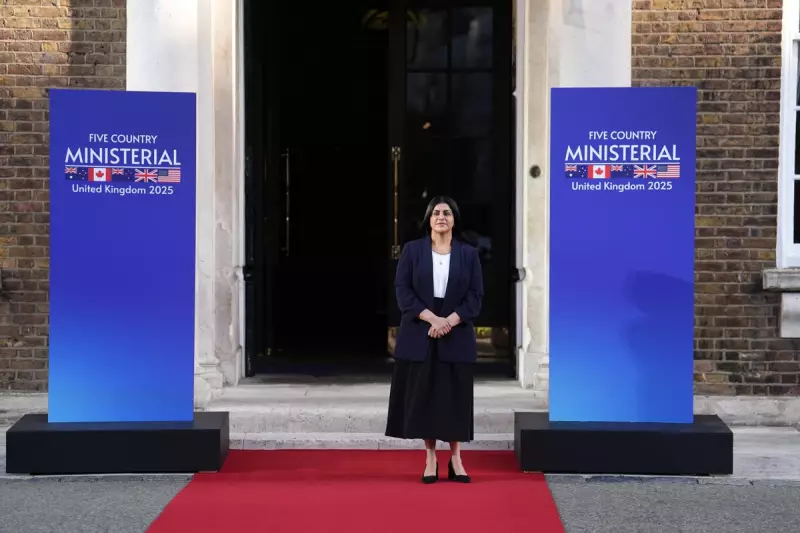
In a bold move that could reshape the UK's national security architecture, Prime Minister Keir Starmer is reportedly weighing a major policy shift: granting his Home Secretary direct access to the country's most sensitive intelligence streams.
The potential change would see Yvette Cooper, the newly appointed Home Secretary, receive intelligence directly from the 'Five Eyes' alliance – the ultra-secretive partnership comprising the UK, US, Australia, Canada, and New Zealand. This would mark a significant departure from the long-established convention where such high-level intelligence is typically funneled through the Prime Minister.
A Break from Tradition
For decades, the flow of Five Eyes intelligence has been tightly controlled, with the Prime Minister acting as the primary conduit. This system was designed to maintain utmost secrecy and ensure a single, coherent chain of command on matters of supreme national importance.
However, a government source suggests the new Labour administration is actively "reviewing the mechanisms" for how intelligence is shared at the highest levels of government. The aim is to ensure the Home Secretary, whose brief includes counter-terrorism and domestic security, is fully equipped with the most current and critical information.
Potential Implications and Whitehall's Reaction
Such a decision would undoubtedly send ripples through the intelligence community and Whitehall. Proponents argue that in an increasingly complex threat landscape, empowering the Home Secretary with real-time intelligence could lead to swifter, more informed decision-making.
However, critics might voice concerns about diluting the traditional control held by Number 10 and potentially complicating the chain of command. The security and integrity of the Five Eyes partnership, built on unparalleled trust between member nations, remains an absolute priority.
This review underscores the Starmer government's intent to modernise Whitehall operations and potentially adopt a more collaborative, if unconventional, approach to security governance. The world will be watching to see if this potential new optic on intelligence sharing becomes a permanent feature of the UK's security apparatus.





